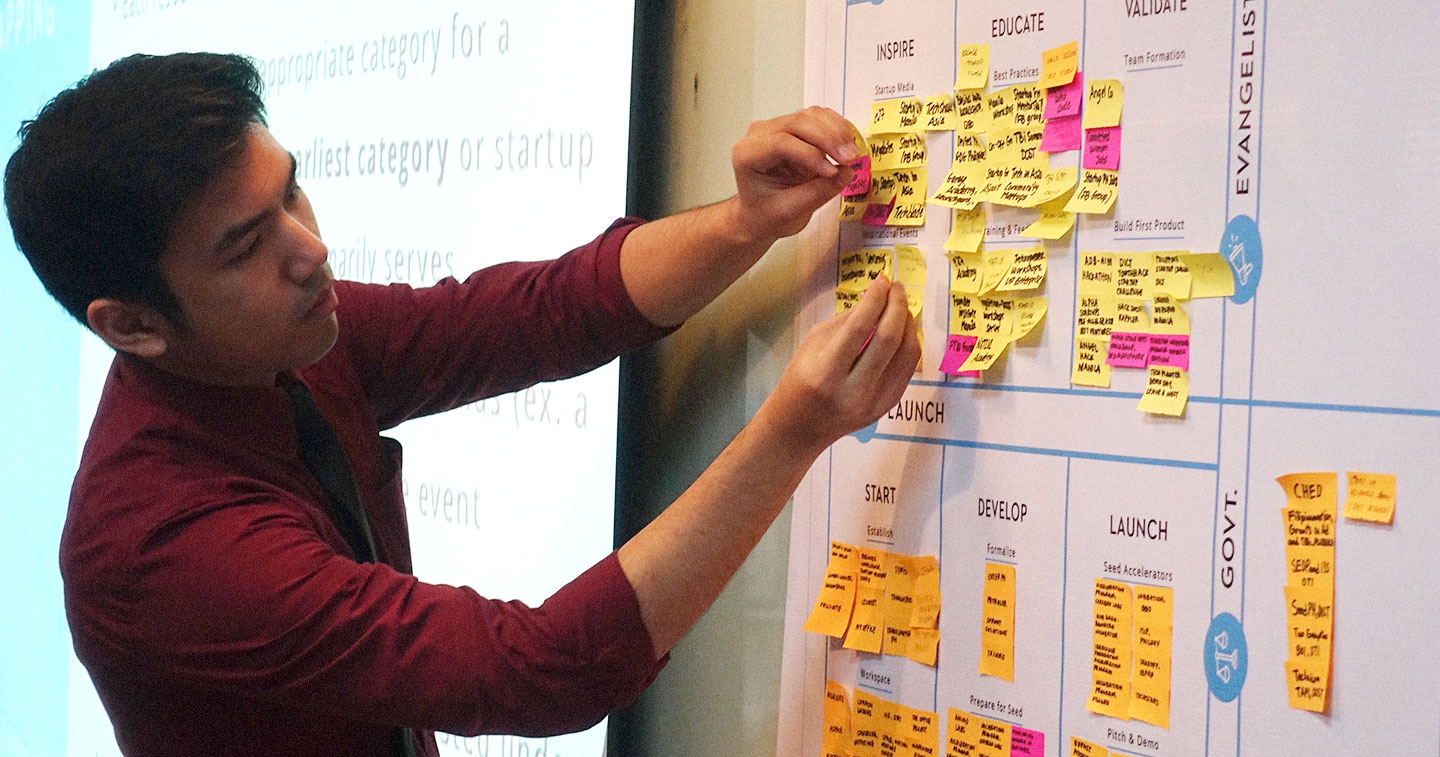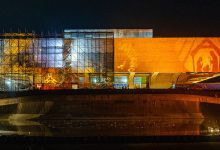The Philippine startup industry is reaching new heights but aspiring tech entrepreneurs still face certain challenges—from business conditions to regulatory requirements and gender disparity.
To assess the country’s current startup ecosystem, QBO Innovation Hub, in partnership with the Department of Trade and Industry (DTI), conducted a Startup Ecosystem Mapping exercise which identifies areas that need to be improved and available resources in order to help make the Philippines a globally competitive place for startups. The initiative is also part of QBO’s Startup Pinay program that encourages and supports increased female participation in the startup industry.
“DTI acknowledges the importance of a thriving, science and technology-based startup ecosystem to achieve the country’s goal of growing globally competitive and innovative industries. Our focus is on S&T-based solutions in sectors that need innovative solutions such as communications, agriculture, health, AI, IoT, among others. and covering not only software but also hardware and business model. Having an innovative tech and services industry contributes to inclusive growth and employment generation of the Philippines as a whole,” said DTI Undersecretary of the Competitiveness and Innovation Group Rafaelita M. Aldaba. “We partnered with QBO to support startup development by building the startup ecosystem; bridge the gap between innovative technological seeds and commercialization; and help create global Philippine startups.”
In 2016, only two cities—Manila and Cebu—were mapped. But with Philippines startup exhibiting growth in other areas, the 2019 Startup Ecosystem Mapping extended to three other cities: Legazpi, Bohol, and Naga. Similar mapping efforts are to be conducted in Zamboanga City, Puerto Princesa, Pangasinan, and Dumaguete by the Department of Information and Communications Technology with Ideaspace Foundation, making it an unprecedented countrywide effort.
The mapping sessions were participated by startup representatives, accelerators, public and private incubators, community builders, venture capitalists, angel investors, government, and private companies. The cities were categorized based on Techstars’ 7 Stages of Startup Communities: Nascent, Foundational, Accelerating, Established, High Functioning, Progressive, and Aspirational.
“Aside from assessing the health of the startup communities in these cities, we also put together a set of recommendations after each mapping session to help them move to the next stage,” said QBO President Rene “Butch” Meily. “We’ve seen remarkable changes from 2016 to 2019 and ultimately, our goal is to promote and encourage collaboration to address the pain points experienced by startup founders and identify initiatives that will enable them to grow.”
Manila: A Place Where Startups Accelerate and Thrive
Home to most successful startup stories in the country, Manila’s landscape has improved remarkably. The 2018 Startup Ecosystem Canvas revealed Manila as having an “Accelerating Ecosystem” because of the increasing support it is getting from the government, investment groups, and other stakeholders. Recent exits from startups such as ChatbotPH, Teko, and Coins.ph have also contributed to the stronger awareness about startups in the city. Recent findings of the 2019 StartupBlink Report revealed the Philippines ranking 54th among 202 countries, with the strongest startup ecosystem, Manila, as its frontrunner breaching the global top 100 for the first time.
“In order for Manila to move to the next stage, we recommend verticalization of support programs that specialize in specific industries such as FinTech, HealthTech, and PropTech and creation of a density center or cluster for housing, services, and spaces to increase collaboration among startups and ramp up their productivity,” said Meily. “Corporate engagement must also be strengthened and entrepreneurs must be engaged in the development of a favorable regulatory environment that addresses concerns relevant to the tech industry.”
Cebu, Bohol, Naga, Legazpi: The Next Wave Cities for Startups?
Aside from Manila, four other cities exhibited growth potential in their respective startup economies: Cebu, Legazpi, Bohol, and Naga.
Cebu is categorized under the Foundational Ecosystem due to an increasing density of startups, considerable number of co-working spaces, and strong regional networks with connections with Manila, the rest of Southeast Asia, and Silicon Valley. The city also benefits from the strong support from the government, with local officials taking the lead in developing the local startup ecosystem. To further elevate Cebu’s ranking, recommended key actions include the establishment of local incubators with accessible mentor networks, stronger support for local businesses, as well as more dynamic engagement with universities.
Bohol’s potential to be a travel tech hub is also evident with efforts to develop the local talent and inspire Boholanos to be more involved in tech. The mapping effort revealed that these programs must be made sustainable for Bohol to reach its full potential. “Bohol has a lot of potential and this can be fully achieved by inspiring and mentoring young talents to build their own startups,” added Meily. Currently, Bohol is categorized as a Nascent Ecosystem characterized by a group of passionate people pushing to build a stronger startup community.
Visible support from local businesses and involvement of local universities is pushing Naga to be categorized as a Foundational Ecosystem. Additionally, the efforts of Naga’s local government units contribute to its fast-growing startups. Similarly, Legazpi’s startups are benefitting from programs with fund allocation and support from different government agencies. To continue this momentum, recommended actions include putting up an online information portal related to the local startup ecosystem and organizing more collaborative and networking events.
“The Philippines has a lot of potential hubs for startups—all it takes is for all stakeholders to come together and realize that great ideas can come from everywhere. To achieve our goal of advancing the Philippines’ startup ecosystem, there must be a concerted effort not just from Manila but from the countryside as well to cultivate talent and support burgeoning businesses locally” said Meily.
For inquiries on how you can map out your own city, visit www.qbo.com.ph or email [email protected]. To learn more about the QBO’s ecosystem mapping efforts, visit https://www.facebook.com/QBOphilippines/.








